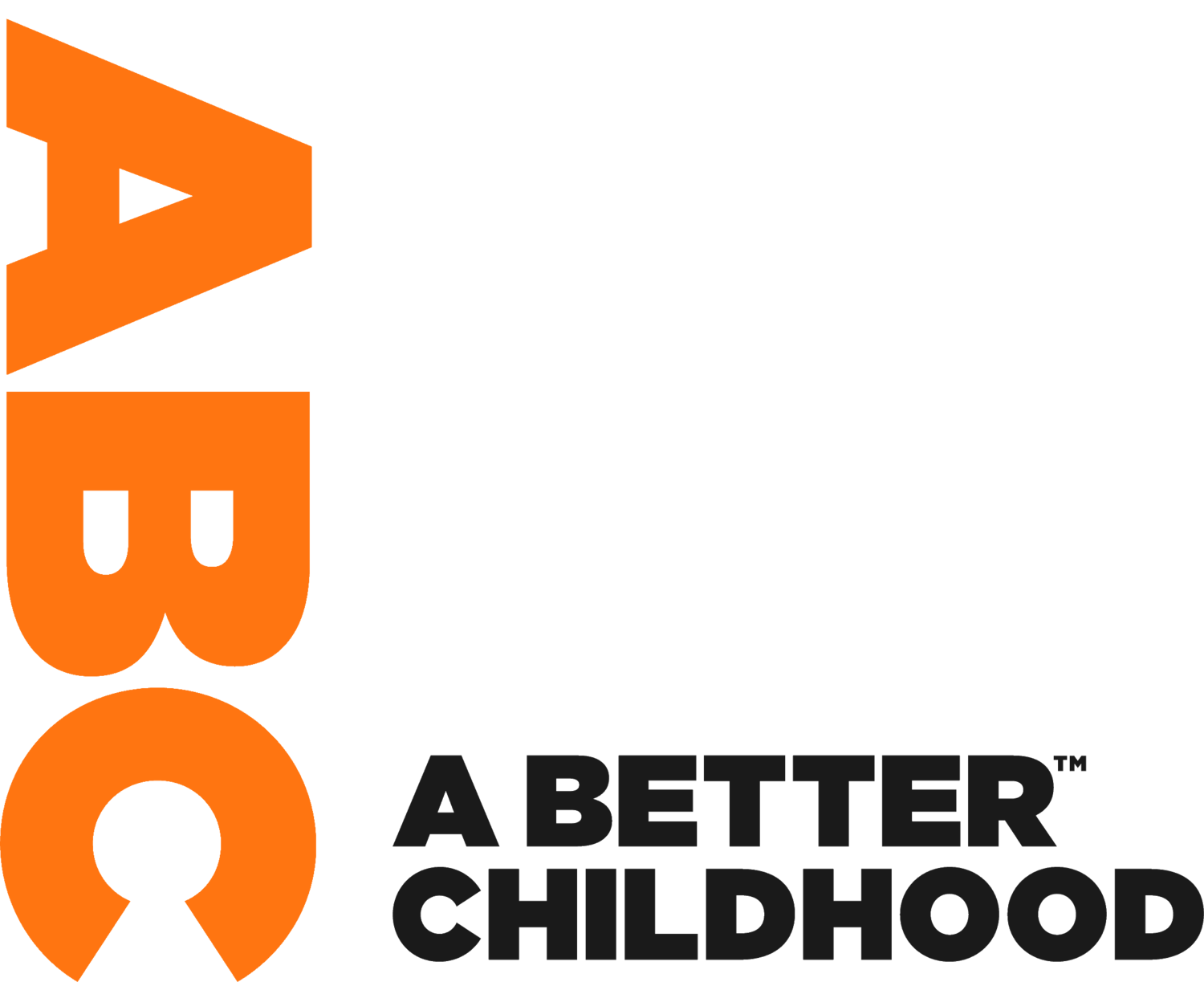
LOUISIANA
Jacob B. V. Governor LANDRY
Plaintiffs: 9 children in foster care, representing the general class of over 4,000 children in foster care in Louisiana. The lawsuit includes a general class and a subclass: the Americans with Disabilities Act subclass, which represents children with emotional, psychological, cognitive, or physical disabilities.
Read the complaint, filed April 10, 2024.
Read the press release.
Sign up for case updates.
about the LOUISIANA foster care system
Louisiana is failing to provide children in its care with stable, nurturing, family-like homes. There are far too few workers and far too few adequate placements for children. Children are routinely subjected to mental and physical harm. In February 2024, he head of the agency claimed was in a “death spiral” and was “hemorrhaging employees". Other problems include:
Frequent moves among homes and institutions, which increase trauma for children already removed from their family homes and often separated from their siblings, their school, and their community.
DCFS is unable to meet the needs of the thousands of foster children with disabilities whose involvement in the child welfare system places them at a greater risk of institutionalization.
DCFS fails to recruit and retain an adequate number of caseworkers. Overworked caseworkers struggle to make important but difficult decisions about the right services to provide—they face having too many children to serve, too few resources, and too little training.
The system is not set up to provide children the necessary services and treatment they need—foster children’s medical, mental health, and physical needs remain unmet due to irregular, infrequent assessments and the lack of sufficient and available resources.
Child death rates in the state are 50% higher than the national average. This includes the death of a two-year-old who was found a trash can after abuse from his mother, after DCFS received, but did not act on, several reports from a neighbor worried about the screams she kept hearing from the child and his siblings.
ADVOCACY GOALs
Jacob B. v. Landry requests that the court permanently prohibit DCFS from subjecting the children in the general class and the ADA subclass to further harm and from threatening their safety and well-being through practices that violate their rights. The case seeks an order directing the state and DCFS to, among other things:
Keep children safe and unharmed while in foster care
Lower caseloads of individual workers to professional standards
Take necessary steps to ensure that foster care is the temporary system it was intended to be;
Improve recruitment and retainment practices of appropriately trained caseworkers;
Ensure that children are only placed in homes or, in rare cases, in group settings, that can meet their needs;
Develop a process to properly match children with appropriate and safe foster homes;
Plan steps towards a permanent family for each child;
Ensure that services recommended in the child’s case plans are actually provided;
Ensure that older children are provided adequate transition planning and services; and
Ensure that children with disabilities are provided with the services they need in their community.
Progress
The state has filed motions to dismiss the case, all of which were submitted by September 2024, and we are awaiting decision.
Meet OUR PLANTIFFS
(All names below are pseudonyms)
-
Jacob is sixteen years old and entered DCFS custody in 2022 and has experienced five placement moves in just the last year—all of which have been institutional placements that lack any family-like structure or support. Jacob has received varying and sometimes inconsistent diagnoses at each facility, including bipolar disorder, ADHD, schizophrenia, diabetes, and impulse disorder. He also has been diagnosed with other moderate to severe intellectual disabilities. He has been prescribed various psychotropic medications. While DCFS bounced him between inappropriate placements, he was sexually abused. The abuse went unnoticed for months, even though Jacob reported it. DCFS allowed Jacob to go without educational services for months at a time. Jacob continues to suffer due to DCFS lack of appropriate family-like placements and disregard for professional standards.
-
Justine is twelve years old and entered DCFS custody at the age of ten. Justine was placed in a certified foster home but was eventually removed at the foster parent’s request. In November 2023, Justine was moved to a second certified foster home. DCFS did not provide the foster parent with the services and assistance necessary for her to adequately care for Justine. While there, DCFS ignored continued reports of physically and emotional abuse. When DCFS finally removed her, they placed her back in her bio mother’s home, where a member of the household who had allegedly sexually abused Justine was living. Medical professionals recommended that Justine receive dialectical behavioral therapy, which DCFS failed to provide. It has also been recommended that Justine receive family functioning therapy and counseling, which Justine is also not receiving. If nothing changes, Justine will continue to suffer placement instability; lack of appropriate services; delayed permanency; severe emotional and psychological harm, and risk of serious emotional, psychological, and physical harm.
-
Katrina, now eight years old, entered DCFS custody shortly after her birth as a drug-affected newborn. DCFS initially placed her in a certified foster home and then with her maternal grandmother. Katrina re-entered DCFS custody in 2019, at the age of four because her grandmother was unable to care for her. Since then, DCFS has moved Katrina ten times and she has been in at least seven different foster homes. Due to her frequent and numerous placement moves, Katrina received no continuity of services and did not have a consistent adult presence in her life during this time Katrina developed behavioral problems, and when her foster parent requested additional services to address the issues DCFS continually refused. Because of DCFS, Katrina has not found a permanent home or family, and has not received services necessary for her well-being and to prevent her from suffering additional harm.
